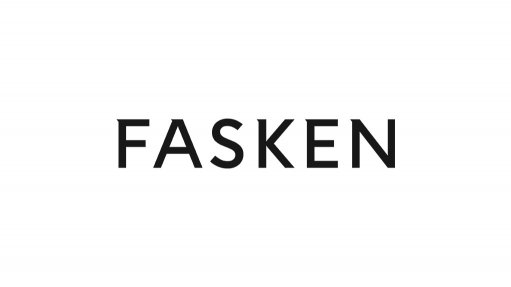
The draft Economic Regulation of Transport Bill (the “Bill”) was released on 12 February 2018 by the Department of Transport for public comment. The Bill seeks to realise a number of objectives, a couple of which are (i) to promote the development of an integrated system of economic regulation of transport of passengers and goods, through airports or ports, and by road or rail; and (ii) establish appropriate institutional arrangements and procedures to support the consistent economic regulation of transport facilities and services.
One of the means by which the Bill attempts to realise the above objectives is through ‘price control’, which is defined in the Bill as a method for setting the maximum price that can be charged, or revenue that can be earned, by a regulated entity for the use of or access to its assets, facilities or services.
SANRAL and Concessionaires
The Bill, if enacted into law, is intended to apply to certain state owned entities (referred to as “regulated entities” in the Bill), in particular the South African National Roads Agency Limited (“SANRAL”) as well as concession contracts concluded on or after the effective date of the law, but only to the extent that such a concession agreement expressly provides for the authorised person to be subject to this Act.
The Regulator
The Bill proposes to empower the Transport Economic Regulator (the “Regulator”) as the functionary authorised to sign off on the prices imposed by regulated entities. The Regulator is established as an organ of state (in terms of the new law) within the public administration, but as an institution outside the public service, is independent and subject only to the Constitution and the law.
The SANRAL Act
Section 27 of the South African National Roads Agency Limited and National Roads Act No. 7 of 1998 (the “SANRAL Act”) already has a method for setting the maximum price that can be charged for the use of toll roads. Such a method is provided for in section 27(3) of the SANRAL Act and provides that the amount of toll fees that may be levied, any rebate thereon and any increase or reduction thereof is determined by the Minister of Transport on the recommendation of SANRAL.
Provisions in the Bill worth noting are as follows:
- section 2(5) of the Bill makes it clear that the provisions of the proposed law prevail in the event of an inconsistency between the proposed law and the SANRAL Act;
- the Regulator, when considering the pricing proposal of a regulated entity, (i) must consult with interested parties and the public and (ii) must determine whether the proposal is fair and reasonable, after considering all relevant circumstances;
- the conditions that may be imposed by the Regulator in response to a price adjustment include, amongst other things, the power to set service standards in respect of any activity that is subject to the price control;
- the Regulator may conduct an extraordinary review if it is satisfied that reasonably unforeseeable changes in economic demand, input costs, technology, the regulatory environment or other similar factors have affected the regulated entity sufficiently to constitute a threat to its economic sustainability;
- the Regulator may direct a reduction in pricing in the following scenarios:
o following the receipt of a report in relation to an investigation of a complaint against the regulated entity;
o the regulated entity, as a respondent in an investigation, agrees via a consent order to a directed price control reduction; or
o a person, association or entity to whom a compliance notice has been issued fails to comply with the notice concerned;
• a price control or any amendment must be published by the Regulator in the government gazette or in any other appropriate manner and takes effect on a date determined by the Regulator by notice in the government gazette;
• any decision of the Regulator may be referred to the Transport Economic Council (the “Council”) for review or appeal. A decision by the Council may be taken on review to the High Court, subject to its rules.
The Bill is open for public comments until 12 March 2018. Should you require any assistance or have any queries in that regard, please do not hesitate to contact us.
Written by partner Phologo Pheko and candidate attorney Kimberley Ashmore, Fasken Johannesburg